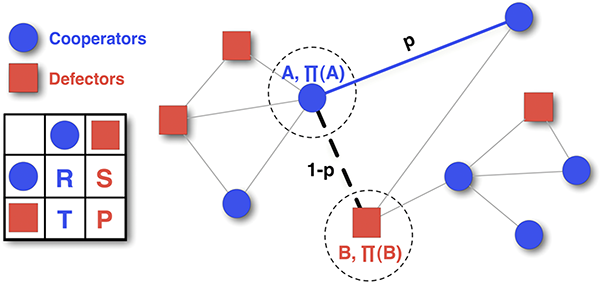This is an open discussion about health insurance. I don’t pretend to be an expert, so please add your thoughts and/or tell me how wrong I am. This is the final of three parts.
Part 1: Why health insurance?
Part 2: Challenges to health insurance
Part 3: What does the ACA solve?
The Affordable Care Act (aka ACA or Obamacare) is Obama’s signature legislation, and a step forward for health care in the US. However, it’s very complicated, and few people understand the whole thing–I certainly don’t. Nonetheless, below I present a few ways in which the ACA addresses, or fails to address, challenges in health insurance.
[Read more…]


